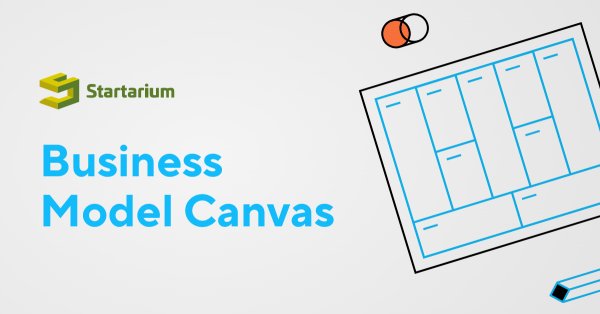Here are some terms you will learn in this course!

Digital transformation
It is frequently defined as the integration of digital technologies into all aspects of a business in order to establish stronger long-term relationships and better understand client needs.
Digital transformation strategy focuses on leveraging technology to improve company performance, whether it's through the development of new products or the redesigning of existing processes. It lays out an organization's strategy for leveraging technology to gain new competitive advantages, as well as the strategies it will employ to make these changes. This frequently entails changes to business models, as new technology allows inventive businesses to provide services that were previously unavailable.
Data Analytics
The act of evaluating and analyzing datasets in order to develop conclusions about the information they contain is known as data analytics. Data analytics approaches aid in the discovery of patterns in raw data and the extraction of useful insights. Businesses may use data analytics to gain real-time insights into sales, marketing, finance, product development, and other areas. It enables corporate teams to interact and produce better results. Businesses can use it to evaluate previous performance and improve future business operations. Businesses may use analytics to obtain a competitive advantage.
Digital marketing
Digital marketing, often known as online marketing, is the promotion of companies using the internet and other kinds of digital communication in order to engage with potential clients. As a marketing channel, this comprises not just email, social media, and web-based advertising, but also text and multimedia messaging.
Digital marketing is described as the use of a variety of digital methods and platforms to reach out to clients where they spend the majority of their time: online. There's a range of strategies that fit under the name of "digital marketing," from the website itself to a business's online branding assets — digital advertising, email marketing, online brochures, and beyond.
SEO (Search Engine Optimisation)
This is the process of boosting the quantity of organic (or free) traffic to your website by optimizing it to "rank" higher in search engine results pages. Websites, blogs, and infographics are among the mediums that profit from SEO.
Content Marketing
This word refers to the production and marketing of content assets in order to increase brand exposure, traffic, lead generation, and customer acquisition. The following are some of the channels that may be used in your content marketing strategy: Articles on a company blog, Ebooks and whitepapers, Infographics.
Social Media Marketing
This method uses social media to promote your brand and content in order to raise brand recognition, drive traffic, and create leads for your company. You can utilize different channels for social media marketing: Facebook, Twitter, LinkedIn, Instagram, Snapchat, Pinterest, etc.
Marketing Automation
Marketing automation is a type of software tool that is used to fuel digital marketing efforts, increasing their efficiency and relevance. It enables businesses to meet the demand for customization.
E-commerce
E-commerce, often known as electronic commerce or online commerce, is the purchasing and selling of products and services through the internet, as well as the financial and data transfers required to complete these transactions. Ecommerce is frequently used to refer to the online sale of real goods, but it may also apply to any type of economic transaction that is made possible by the internet.
D2C - Direct to Consumer
Direct to Consumer is the newest paradigm of ecommerce and trends in this sector are constantly shifting. D2C refers to when a company sells directly to their end client rather than through a retailer, distributor, or wholesaler. Subscriptions are a popular D2C commodity, and social selling via platforms such as Instagram, Pinterest, Facebook, SnapChat, and others is a popular way to sell directly to consumers.
CMS
CMS stands for Content Management System. A program that allows you to design, upload, and publish your website. WordPress and Joomla, for example.























